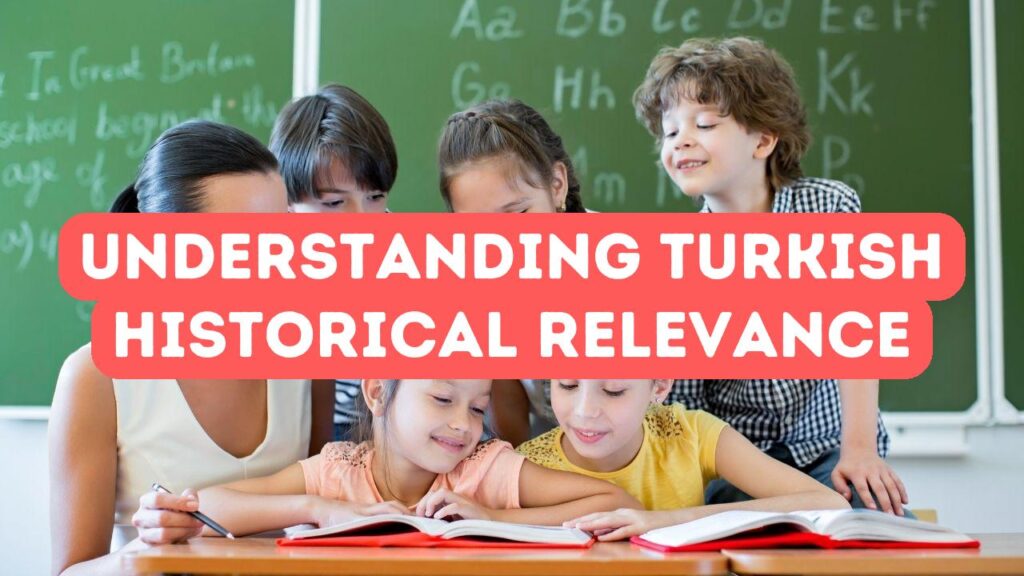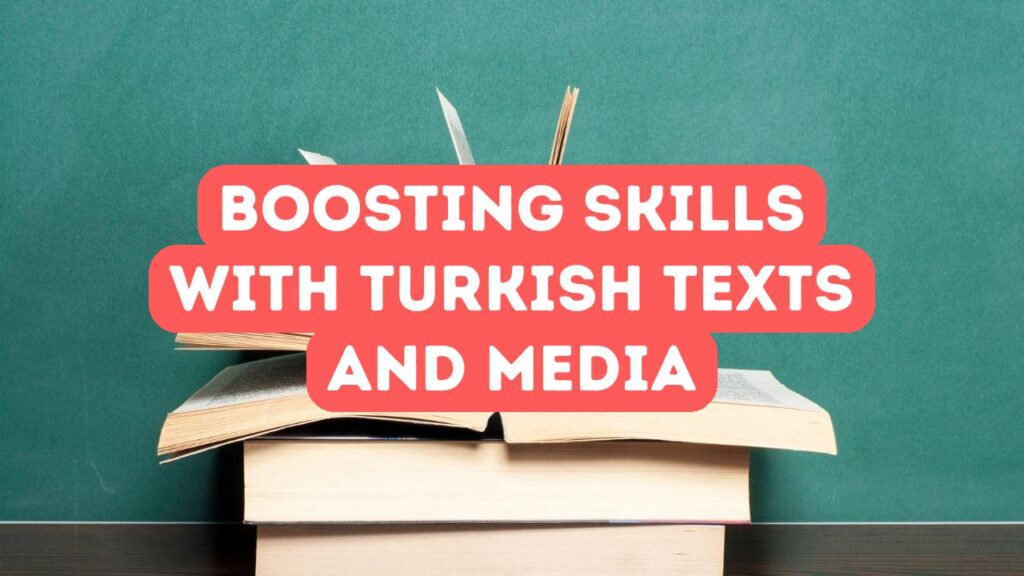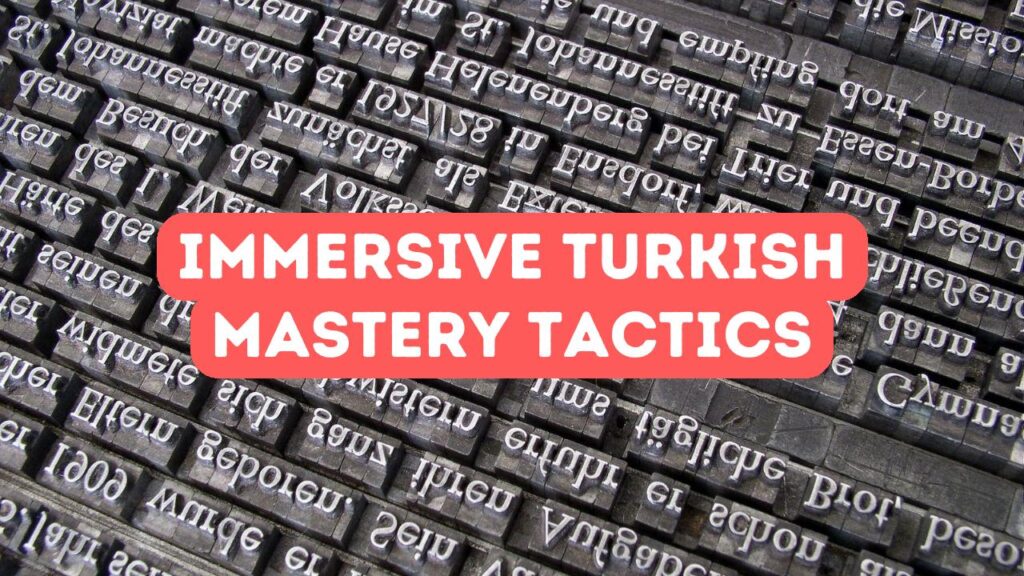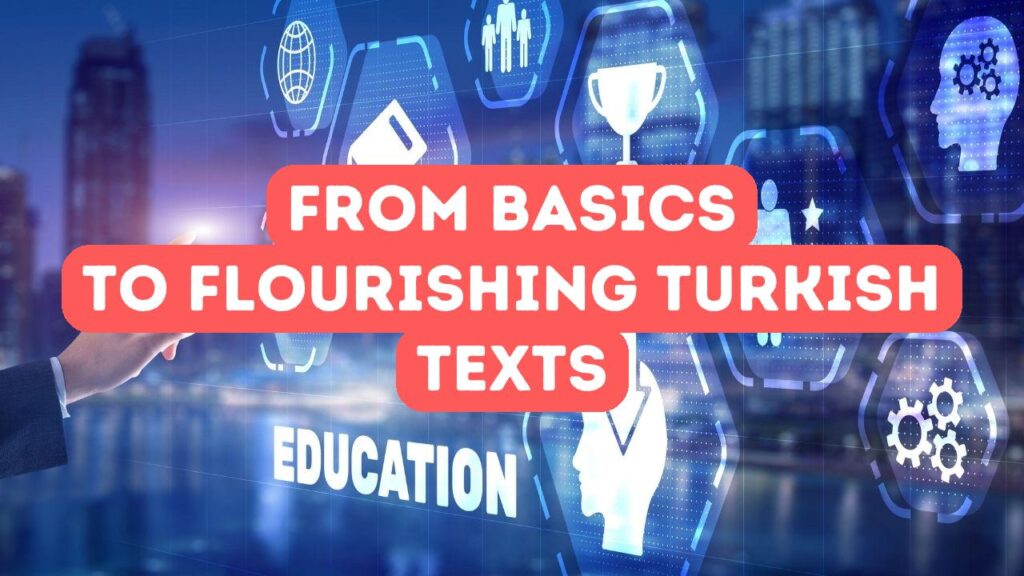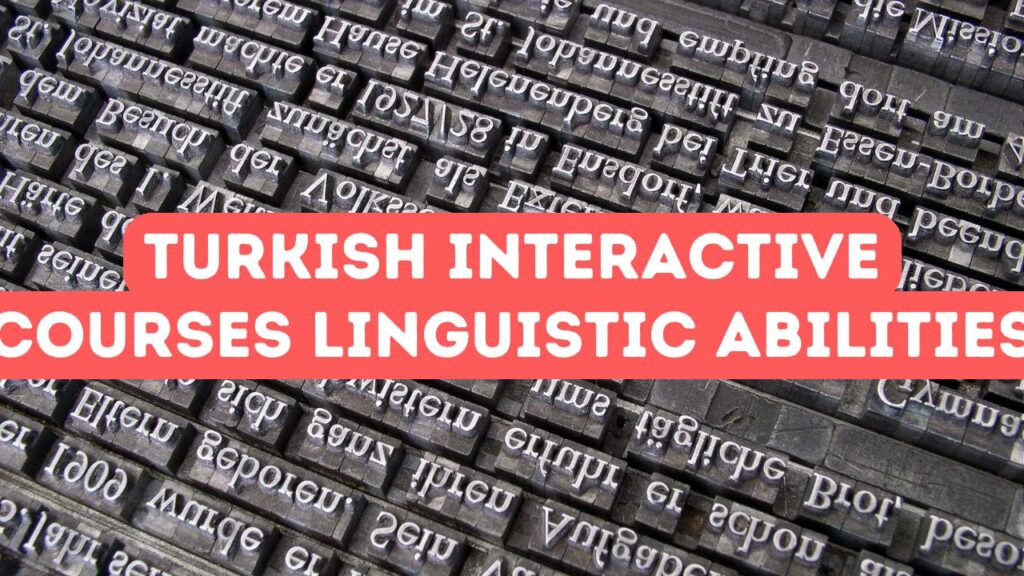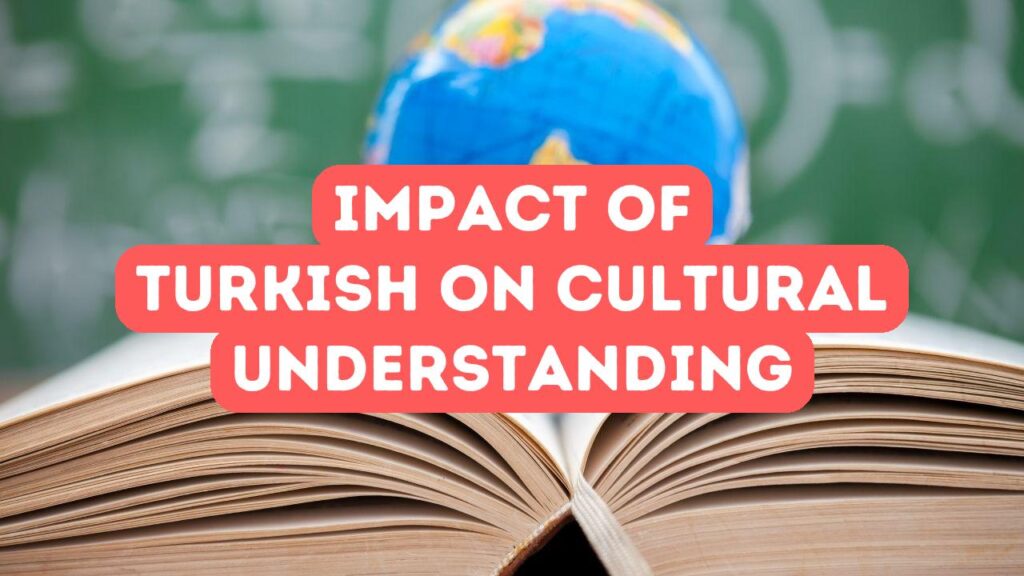Understanding Turkish Linguistics: A Strategic Advantage
Diving into the intricacies of Turkish linguistics offers more than the ability to communicate effectively in a foreign language; it imbues a learner with a strategic advantage in various spheres. The agglutinative structure of Turkish, characterized by its extensive use of affixes to alter meaning and function of words, requires learners to develop keen analytical skills and adaptability. This linguistic agility translates into cognitive benefits which are highly sought after in problem-solving and negotiation scenarios—skills that are invaluable in the realms of international trade, political science, and global strategy. Mastery of Turkish not only sets individuals apart in the competitive job market but also unveils the cognitive processes behind a language that has evolved and thrived in a region of great geopolitical significance.
Building upon this foundation, proficiency in Turkish paves the way for enhanced diplomatic acumen and intercultural competence. As Turkey occupies a pivotal role at the junction of Europe and Asia, fluency in its language grants access to a nuanced understanding of both Western and Eastern business and societal norms. Multinational corporations, governmental agencies, and non-governmental organizations value this linguistic proficiency, recognizing that effective communication and cultural sensitivities can make or break international collaborations. Thus, professionals who can navigate these complexities are positioned to act as bridges between diverse cultures, facilitating smoother transactions and fostering mutual respect. In a world where geopolitical tensions often arise from misunderstandings, the diplomatic finesse that comes with mastering Turkish is indeed a strategic advantage that can contribute to more peaceful and productive international relations.
Beyond the boardroom and the diplomatic arena, understanding Turkish linguistics opens up scholarly and research opportunities that are unparalleled. Scholars of history, Middle Eastern studies, and linguistics find Turkish invaluable for deciphering Ottoman texts and understanding regional influences that have shaped modern geopolitical narratives. As the custodian of a significant corpus of Islamic and Byzantine works, knowledge of Turkish allows for first-hand research and comprehension, thus breaking reliance on secondary translations that may lack context or nuance. Moreover, in the burgeoning field of artificial intelligence and language processing, the unique characteristics of Turkish provide a challenging and fruitful ground for developing more sophisticated translation and speech-recognition technologies. In essence, the command of Turkish linguistics offers a key to untapped intellectual territories and strengthens one’s candidacy in a competitive academic landscape where expertise in less commonly taught languages is both rare and treasured.
Navigating Cultural Nuances Through Language Mastery
Immersing oneself in the Turkish language is akin to being granted a backstage pass to the vibrant theater of Turkish culture. Language mastery goes beyond mere translation; it enables one to grasp the nuanced connotations, humor, and wisdom encapsulated in idioms and expressions that are often lost to non-native speakers. By understanding the cultural connotations embedded in the language, learners can better appreciate the subtleties of Turkish social dynamics, from the art of negotiation in the bazaars to the intricacies of establishing rapport in a business meeting. This depth of cultural insight is invaluable, as it not only prevents cross-cultural faux pas but also deepens one’s connection to the heart of Turkish life, where language is the medium through which the colorful fabric of Turkey’s heritage and modernity is woven.
Building upon the delicacies of the language, learning Turkish serves as a direct conduit to appreciating Turkey’s esteemed artistic accomplishments, from the grandiose epics of traditional literature to contemporary media that capture modern Turkish society. As one navigates the storytelling of Karagöz and Hacivat shadow plays or the poignant verses of Nazım Hikmet, the linguistic journey transforms into a cultural odyssey. Linguistic fluency allows enthusiasts to engage with original texts and performances, gaining an unfiltered experience of Turkish wit and poetic elegance. It transcends the boundaries of translation, offering a lens through which one can perceive the rich tapestry of Turkish history, values, and ethos, thereby fostering an authentic understanding and a genuine appreciation of a culture that has long thrived at the nexus of East and West.
Equally, language proficiency in Turkish enriches personal experiences, allowing for genuine interactions and a deeper connection with the Turkish people themselves. Whether it’s engaging in friendly conversations over a cup of strong Turkish tea, participating in local festivals, or understanding the intricate customs and etiquette of Turkish hospitality, language learners gain a profound sense of community and belonging. This immersion facilitates not only a more authentic travel experience but also the ability to form lasting personal and professional relationships. For the global citizen, Turkish proficiency is not merely an academic achievement; it is a bridge to empathy and cultural kinship, fostering mutual respect and a shared sense of humanity that transcends geographical and cultural boundaries.
Expanding Professional Horizons with Bilingual Proficiency
In an interconnected economy, bilingual proficiency, particularly in Turkish, can catapult professionals into a vanguard of sought-after specialists. It unlocks vast opportunities in burgeoning sectors such as international trade, e-commerce, and energy. With Turkey’s unique geographic position bridging Europe and Asia and its booming economy, speaking Turkish opens doors to career advancements in multinational corporations, NGOs, and government agencies looking for individuals capable of navigating the nuanced Turkish business etiquette and negotiation subtleties. Turkish language skills directly translate into a competitive edge in the job market, allowing professionals to act as indispensable liaisons in cross-border collaborations. They stand to benefit from Turkey’s growing influence in regional politics and economics, lifting their career trajectories onto an international stage.
For the ambitious entrepreneur or the forward-thinking corporate professional, proficiency in Turkish is particularly advantageous in exploring the emerging markets of Central Asia and the Middle East, where Turkey often serves as a springboard. Not only does this expertise facilitate entry into these markets, but it also deepens trust and rapport with local partners who value cultural and linguistic understanding. Aspiring professionals may find themselves at the forefront of innovative sectors such as technology, where Turkish startups are gaining global recognition. Moreover, for those interested in academia, Turkish fluency opens avenues for research in a country rich with history and archaeological sites. Whether it is by participating in international conferences, driving cutting-edge projects, or engaging in scholarly pursuits, the bilingual professional stands out, combining language skills with cross-cultural competencies that are highly prized in today’s global workforce.
Additionally, mastering Turkish is invaluable for professionals in the realms of diplomacy and international relations, where language skills and cultural competencies are not merely assets, but prerequisites. Skilled diplomats and international representatives with Turkish proficiency are better equipped to navigate the complexities of regional politics and contribute to peace-building, international negotiations, and policy-making processes. Furthermore, the development sector, encompassing a wide range of international aid and humanitarian organizations, often seeks those with a nuanced understanding of the local language to effectively coordinate and implement projects on the ground. By learning Turkish, professionals can thus access influential roles that make tangible differences in global affairs, while simultaneously enhancing their personal diplomacy skills and cross-cultural understanding.


